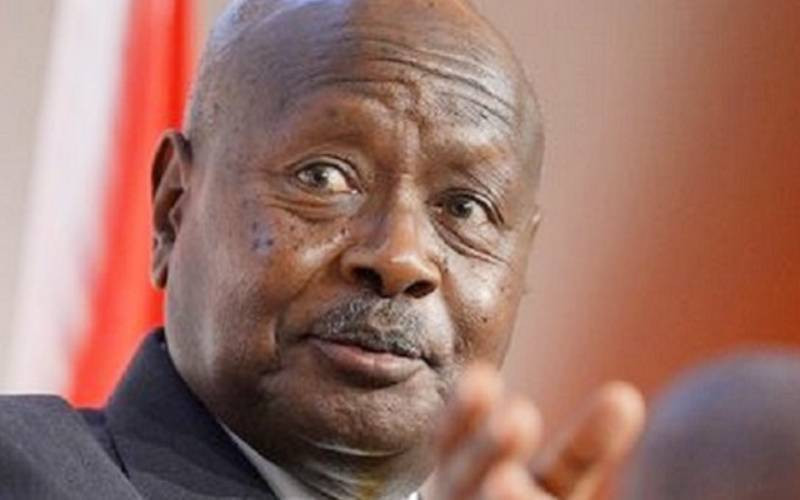×
The Standard e-Paper
Fearless, Trusted News

Ugandan President Yoweri Museveni has assented to the controversial Anti-Homosexuality Bill.
It imposes the death penalty for so-called 'aggravated homosexuality', which includes having gay sex when HIV-positive, and a 20-year sentence for "promoting" homosexuality.